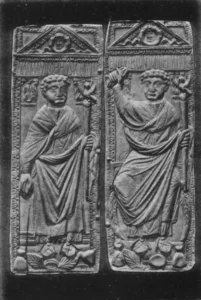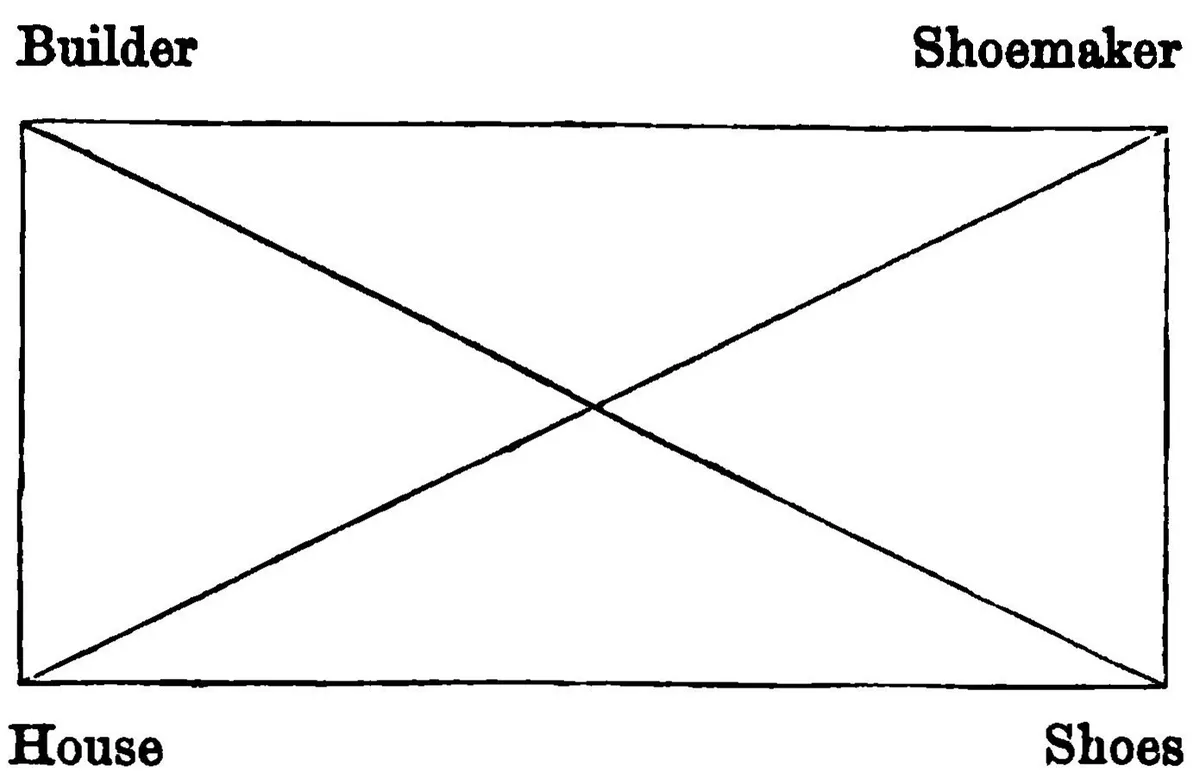“The Consolation of Philosophy” by Boethius is a philosophical treatise written in the early 6th century. The work takes the form of a dialogue between Boethius and a personified figure of Philosophy, who arrives to comfort him during his imprisonment. The central theme explores the idea of true happiness and how it can be achieved, ultimately critiquing the fleeting nature of fortune and material success. At the start of the text, Boethius presents himself in a state of despair, lamenting the misfortunes that have struck him after a period of great prosperity. As he writes verses expressing his sorrow, Philosophy appears to him, scolding the Muses for misguiding him and his despair. She engages him in a conversation that prompts Boethius to reflect on his true nature and the transient nature of wealth and status. Through their discourse, Philosophy aims to redirect his focus from external successes to the steadfast virtues of the mind, preparing him for a deeper understanding of happiness that transcends earthly miseries. This opening sets the stage for an exploration of adversity, virtue, and the meaning of true fulfillment.
Author: James, H. R. (Henry Rosher), 1862-1931
Language: English
Release Date: Dec 11, 2004

